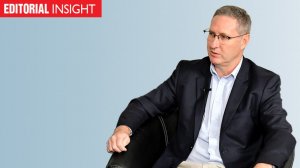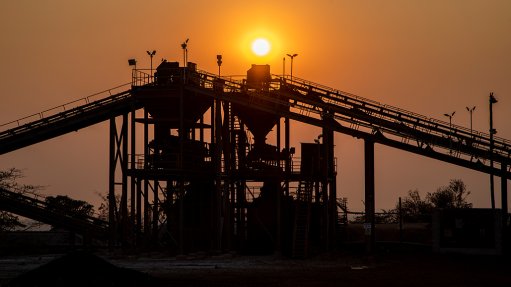Trust deficit
While the plan for tackling South Africa’s long-running power crisis has broadly taken shape, well-founded concerns persist.
Many of these anxieties are not currently with the plan itself, which rests on two pillars: turning around the dismal performance of Eskom’s coal fleet, and adding much-needed new capacity to the grid as quickly and affordably as possible.
Having said that, there are certainly still questions to be asked about the plan itself.
For instance, is there genuinely 1 625 MW readily available for import from our neighbours?
Can the three Kusile units rendered inoperable by the collapse of the Unit 1 flue duct in October really be returned to service before the end of the calendar year if an exemption is forthcoming allowing temporary stacks to bypass the flue-gas desulphurisation plant? And if such a return to service is possible, will the solution truly be temporary?
Will the expensive emergency capacity procured under the so-called ‘Loadshedding Reduction Programme’ be corruption-free and introduced in a way that does not crowd out far less expensive solutions that would help boost affordability and security of supply over the medium to long term?
Will enough really be done to truly unlock the rooftop solar potential of businesses and households, or will this be undermined by vested interests and/or the short-sightedness of the incumbent utilities and distributors?
Will the solar incentives be structured such that poorer households, communities and municipalities also become supply-side participants, or will these be skewed in favour of richer households, businesses and metros?
These questions should continue to be asked and answered in the National Energy Crisis Committee, which should be nimble enough to change or abandon those interventions that are failing to deliver or could obstruct South Africa’s sustainable transition.
The majority of the current misgivings, however, relate to the trustworthiness of those charged with implementing the plan.
Will these individuals actually work to deliver the plan? Or will it go the way of so many previous national plans, which have remained paper aspirations? And if implementation does take place, will it be performed in the interests of South Africa as a whole, or to extract party political or personal benefit?
These apprehensions have been further heightened by recent moves towards declaring the long-running crisis a State of National Disaster.
That’s not to say the power crisis is not a disaster. It most certainly is.
The extended hours of ongoing loadshedding are not only undermining the country’s growth, employment and investment prospects, but also water and food security, while kicking lumps out of national morale.
Nevertheless, declaring the power crisis a disaster at this point smacks of political disaster avoidance, particularly given that the country is now firmly in the grips of an election cycle.
This trust deficit is, thus, unlikely to be addressed in the short term and the declaration could well backfire dramatically, particularly if it is not accompanied by extreme transparency and visible implementation progress.
Article Enquiry
Email Article
Save Article
Feedback
To advertise email advertising@creamermedia.co.za or click here
Press Office
Announcements
What's On
Subscribe to improve your user experience...
Option 1 (equivalent of R125 a month):
Receive a weekly copy of Creamer Media's Engineering News & Mining Weekly magazine
(print copy for those in South Africa and e-magazine for those outside of South Africa)
Receive daily email newsletters
Access to full search results
Access archive of magazine back copies
Access to Projects in Progress
Access to ONE Research Report of your choice in PDF format
Option 2 (equivalent of R375 a month):
All benefits from Option 1
PLUS
Access to Creamer Media's Research Channel Africa for ALL Research Reports, in PDF format, on various industrial and mining sectors
including Electricity; Water; Energy Transition; Hydrogen; Roads, Rail and Ports; Coal; Gold; Platinum; Battery Metals; etc.
Already a subscriber?
Forgotten your password?
Receive weekly copy of Creamer Media's Engineering News & Mining Weekly magazine (print copy for those in South Africa and e-magazine for those outside of South Africa)
➕
Recieve daily email newsletters
➕
Access to full search results
➕
Access archive of magazine back copies
➕
Access to Projects in Progress
➕
Access to ONE Research Report of your choice in PDF format
RESEARCH CHANNEL AFRICA
R4500 (equivalent of R375 a month)
SUBSCRIBEAll benefits from Option 1
➕
Access to Creamer Media's Research Channel Africa for ALL Research Reports on various industrial and mining sectors, in PDF format, including on:
Electricity
➕
Water
➕
Energy Transition
➕
Hydrogen
➕
Roads, Rail and Ports
➕
Coal
➕
Gold
➕
Platinum
➕
Battery Metals
➕
etc.
Receive all benefits from Option 1 or Option 2 delivered to numerous people at your company
➕
Multiple User names and Passwords for simultaneous log-ins
➕
Intranet integration access to all in your organisation




















